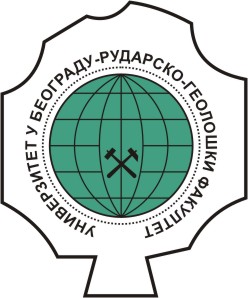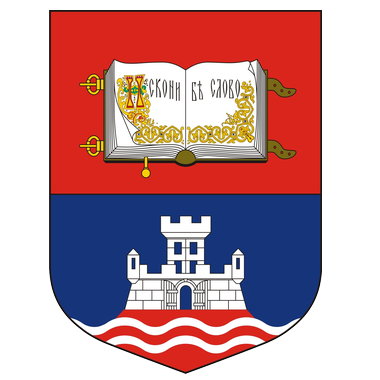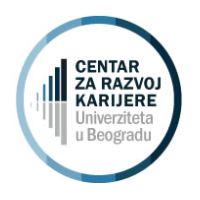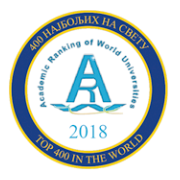Study program:
Mining Engineering (I semester -PhD) |
|
Name of subject: The Application of Methods of Nonlinear Time Series Analysis in Engineering |
Instructors:
Prof. Nebojša Vasović |
|
Status: Optional |
|
ECTS: 10 |
|
Prerequisites: - |
Course Objectives:
Introduction to the basic concepts of nonlinear, discrete and continuous time series analysis. |
Learning Outcomes:
Techniques of nonlinear time series analysis will be applied to the observation data series from engineering practice: the dynamics of landslide movement, oscillations of soil during mining and mining-induced earthquakes, machine vibrations, etc. |
Content:
Theory teaching
1. Introduction to nonlinear time series analysis. 2. Phase plane. 3. Fourier’s power spectrum.
4. Surrogate data analysis. 5. Linearity testing. 6. A delay embedding theorem in a certain time interval. 7. Computation procedure for mutual information. 8. Nearest neighbor methods. 9. Deterministicity testing. 10. Stationarity testing. 11. Calculation of maximal Lyapunov exponent - Wulf’s and Rosenstein’s methods. 12. Correlation dimension. Practical teaching
The application of numerical analysis to a given time series. |
Suggested Reading List:
- Kantz, H., Schreiber, T. 2004. Nonlinear time series analysis, Cambridge University Press.
- Small, M. 2005. Applied nonlinear time series analysis - applications in physics, physiology and finance, World Scientific series on Nonlinear Science, Series A, Vol.52.
- Perc, M. 2006. Introducing nonlinear time series analysis in undergraduate courses, Fizika A, Zagreb.
- Kugiumtzis, D., Tsimpiris, A. 2010. Measure of analysis of time series (MATS): A MATLAB toolkit for computation of multiple measures on time series data bases. Journal of statistical software, Vol.33, Issue 5.
- Abarbanel, H. 1996. Analysis of observed chaotic data, Springer.
|
Conduct of the Course:
Presentations, consultations |
Fund hours:
| Lectures |
Exercises |
Other forms of teaching |
Study research |
| 4 |
0 |
0 |
0 |
|
Assessment:
| Final Exam |
ECTS |
| Oral Exam | 60 |
| Classwork Assessment |
ECTS |
| Seminars | 40 |
|
|
Additional Assessment Criteria: - |
|
|






